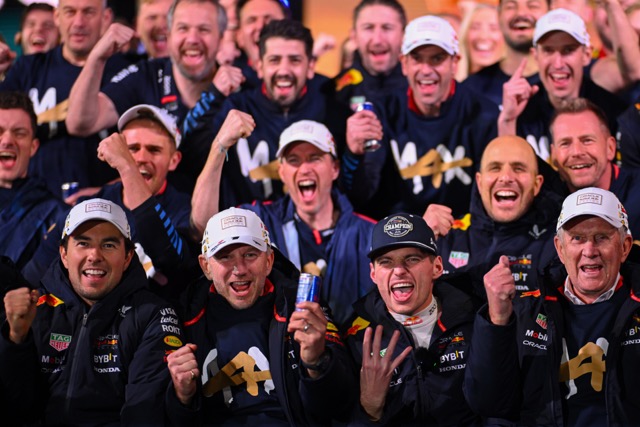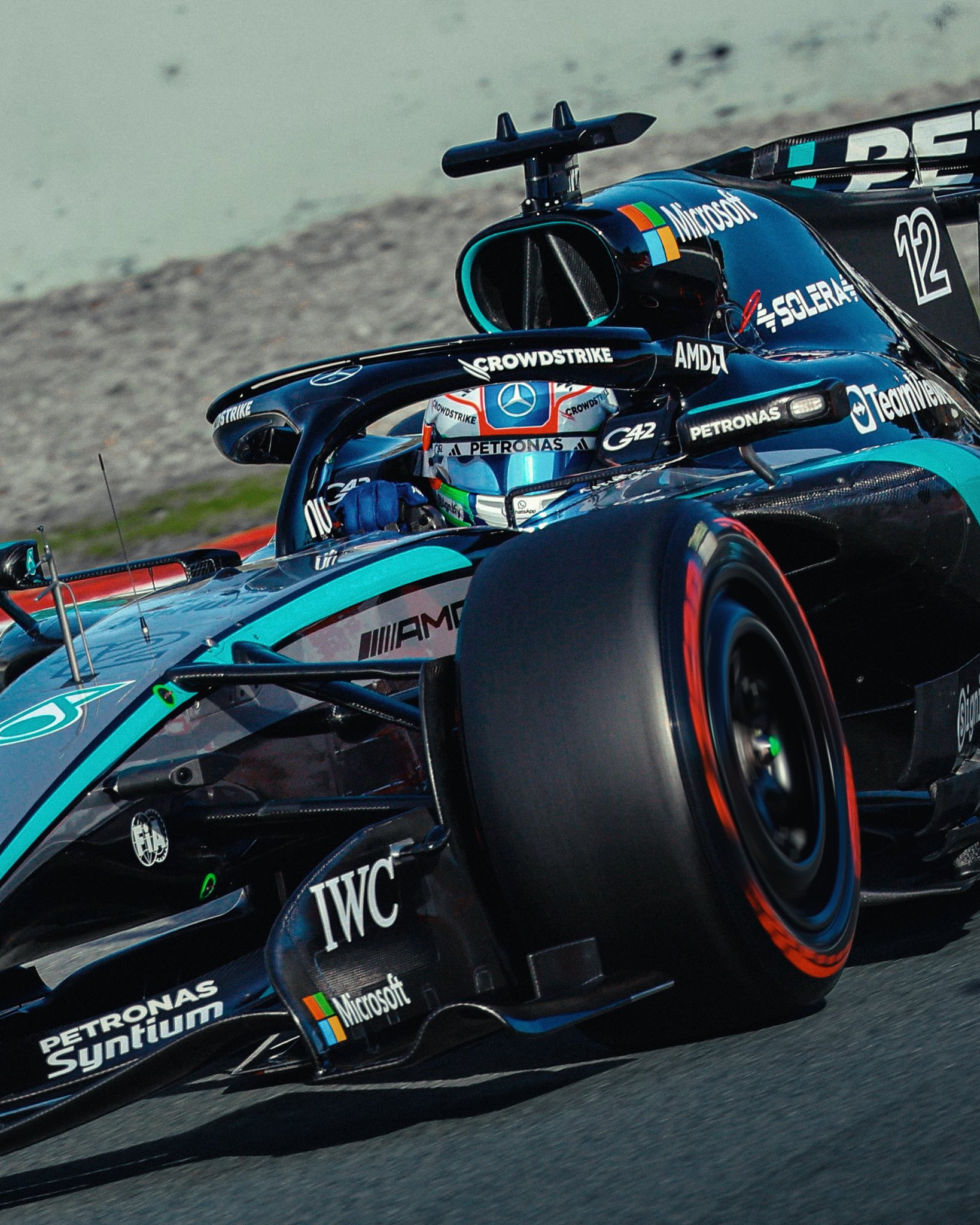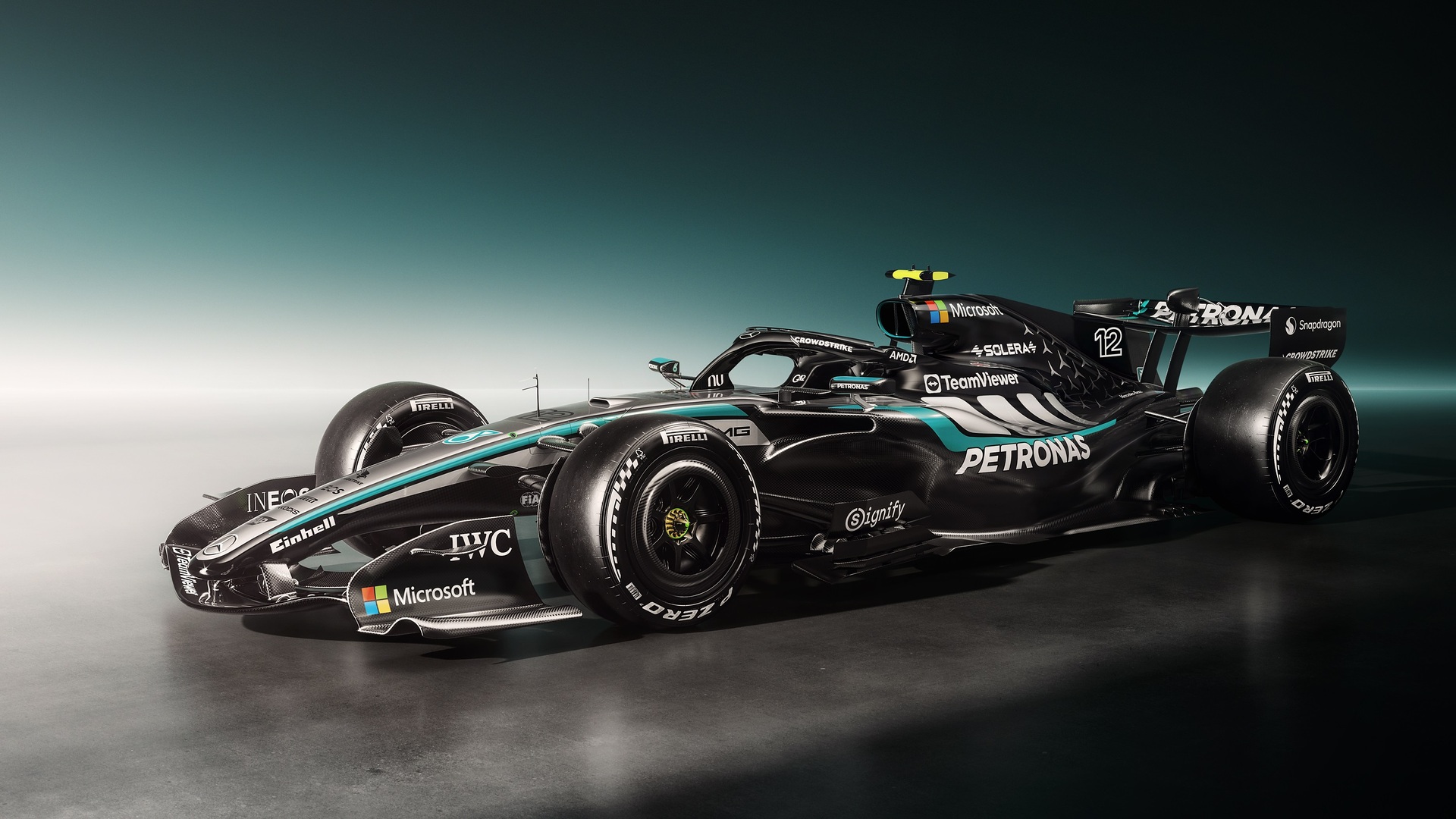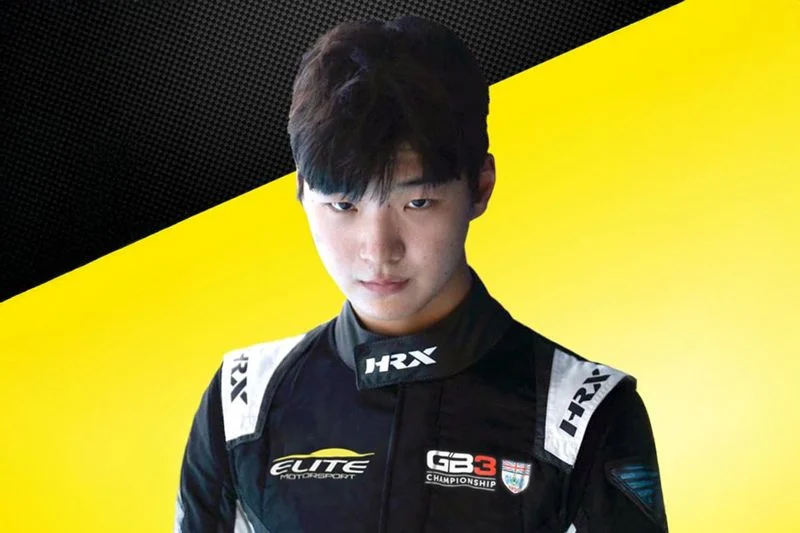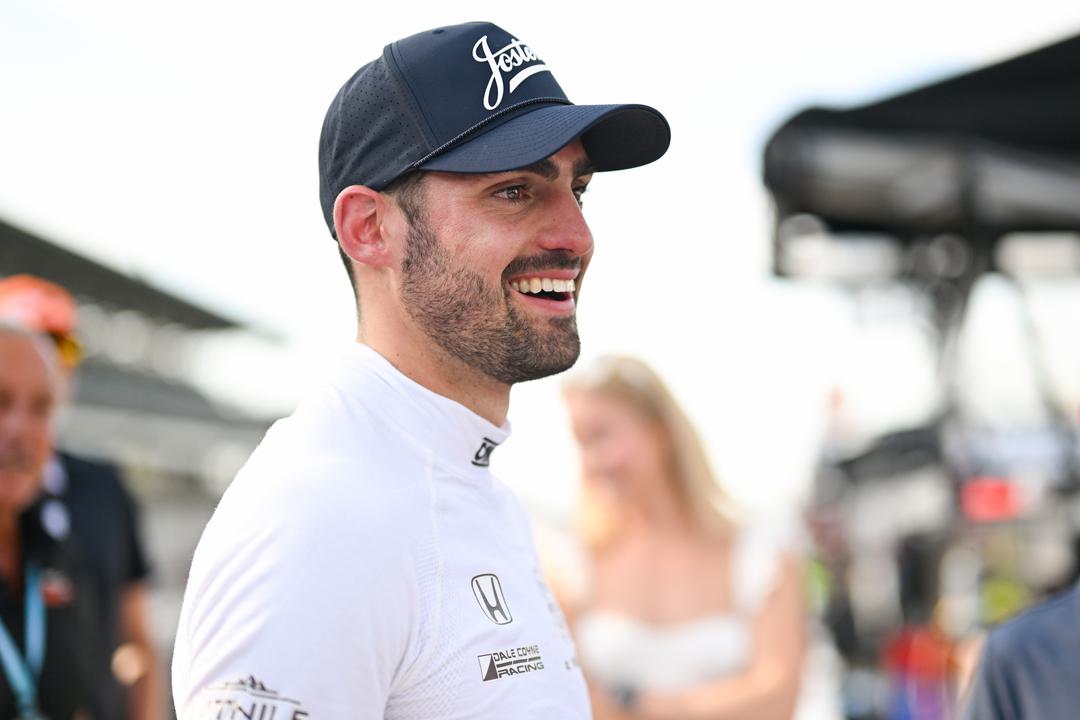Red Bull Racing anticipates a tough fight for 2025 despite Max Verstappen clinching his fourth F1 world championship in Las Vegas. The team is already shifting its focus to next year, acknowledging the rapid progress of rivals like McLaren and Ferrari under stable regulations.
While overcoming challenges from McLaren and other rivals this year, the team’s leadership, including Technical Director Pierre Wache and Team Principal Christian Horner, have tempered expectations for what lies ahead under stable regulations.
Wache: “I’m not confident for ’25”
Pierre Wache openly admitted that Red Bull is bracing for a tough fight next season. Despite their success in 2024, he highlighted the rapid progress of rival teams like McLaren and Ferrari as a reason for concern.
“I’m not confident for ’25. I’m not confident because I think the others are very quick or are there. It will be a fight for the full year.”
Wache believes that this lack of confidence is a motivator for improvement:
“If you have confidence in this business, you are dead. You have to work hard, and everybody has to, in the team, work hard. Everybody’s working hard. When you see the number of people we have trying to find a very small amount of performance and add and add and add everywhere, it is a very difficult task.”
Team Principal Christian Horner mirrored Wache’s remarks, emphasising the uncertainty of 2025 for Red Bull F1 despite Verstappen’s dominance this season.
“We don’t know what the others are doing. We’re not a team that would rather understate and overdeliver. And with stable regs, you can see how the cars have converged.”
Horner acknowledged the intense competition among teams, noting how closely aligned car philosophies have become, saying, “It’s great for the sport that there’s so much competition. I’ve got a few more grey hairs this year.
“But I think next year will be a thriller. I think that we’ve got the best driver in our car. And I think we’ve got the best team as well. So we’ll work very hard over the winter to improve on the weaknesses of our RB20.”
Horner also highlighted the critical importance of capitalising on their current advantage before the major regulation changes in 2026.
“You kind of have to strike while you can. 2025 is going to be hugely competitive. It’s stable regulations, you can see how the cars have all converged, so it’s going to be another marathon next year, and nothing’s guaranteed.”
Key lessons from 2024
While Red Bull’s RB20 delivered victories, it wasn’t without flaws. Wache identified the Italian Grand Prix at Monza as a turning point, revealing issues with the car’s performance in low-downforce conditions.
“Clearly Monza was a key point and a wake-up point on our side. It highlighted some issues on the car that we didn’t see before… or we saw, but we suspected and guessed.
“What is impressive is more how the team reacted to fix or to help this problem and to reduce it. And in Austin already, we brought something. And I think even Max said that the car came together better.”
Both Wache and Horner agree that Red Bull needs a more versatile car for 2025. Wache noted that the RB20 struggled in low-speed corners and on tracks requiring high straight-line speed.
“Clearly, to have a decent car in multiple types of track. I think on this type of track [like in Vegas], we are not nice. So improving the low-speed [corners] and straight line speed is one of our goals.”
Additionally, the team plans to reevaluate its rear wing philosophy after its current approach left them vulnerable at circuits like Monza and Las Vegas.
“Maybe we didn’t do it for multiple reasons, like budget and time. When you do the rear wing, you don’t do something else. It’s clear that maybe it was a mistake.”
Preparing for the marathon
As the 2025 season approaches, Red Bull’s leadership is focusing on addressing weaknesses while maintaining the work ethic that has driven their recent successes. Horner’s final words highlighted the team’s readiness for the challenges ahead:
“It’s going to be another marathon next year, and nothing’s guaranteed.”

